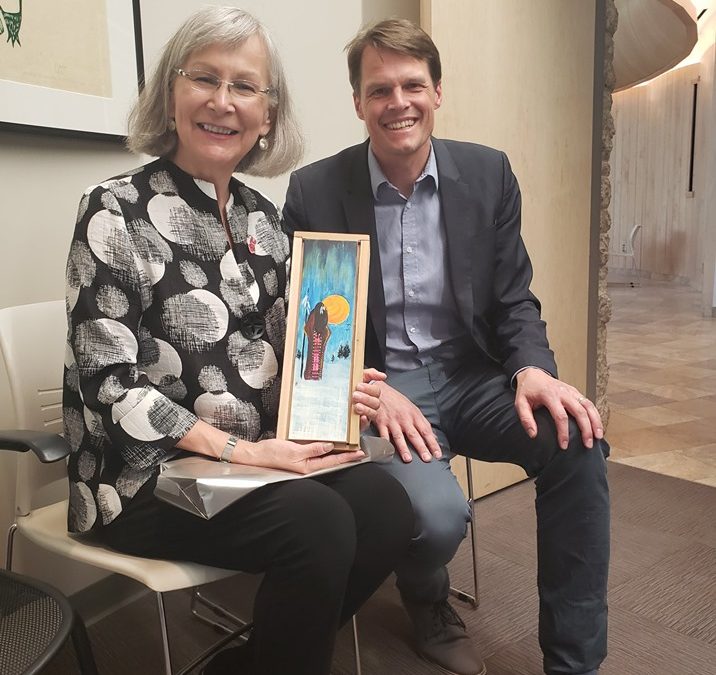The chief commissioner of the National Inquiry into Missing and Murdered Indigenous Women and Girls says Canadians have to come to come to terms with the reality of what has happened to Aboriginal women before we can move on meaningful change.
Marion Buller says this is why the use of the word genocide to describe the violence experienced by Indigenous women and the calls to justice in the report are inextricably linked.
She says otherwise governments run the risk of whitewashing the reality of what these women have experienced and failing to act on the most meaningful recommendations in the report.
“You have to do your homework in order to make meaningful change,” Buller says. “Otherwise, we run the risk of band-aid measures that we know don’t work. In fact, in many respects, can cause more harm than do good. So, it’s really important to understand the truth.”
At the same time, Buller says the report contains some stark truths which she understands make take some time for non-Indigenous Canadians to digest.
“It’s going to take a while for all of this to percolate and brew and we’ll have some hard discussions in the meantime.”
Some politicians, such as Saskatchewan Premier Scott Moe and Conservative Leader Andrew Scheer, say genocide should not be applied to describe the violence experienced by Indigenous women.
The chief commissioner was in Saskatchewan last week for a public forum at the University of Saskatchewan.
(PHOTO: National Inquiry into MMIWG Chief Commissioner Marion Buller, left, and Saskatoon Mayor Charlie Clark, right. Photo courtesy MMIWG National Inquiry Facebook page.)
